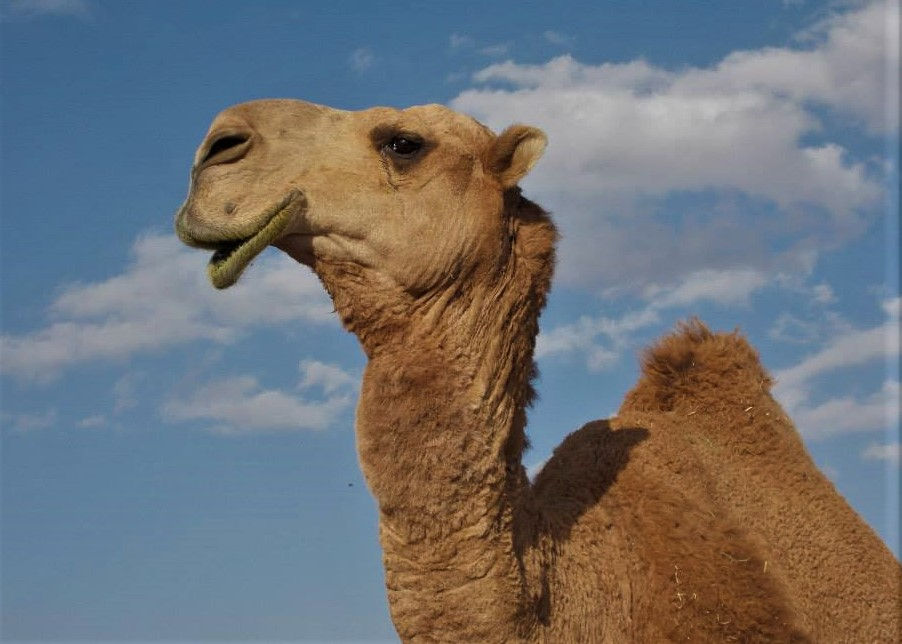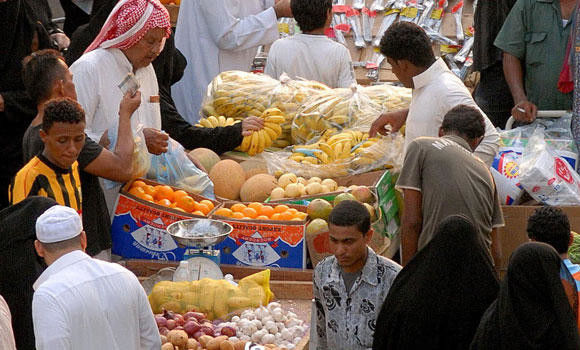Asir: calendars and museums
- Matthew P G

- Jan 7, 2022
- 5 min read
Updated: Mar 17, 2023

Al Jehl Museum, Asir. December 2015
[from FB post: December 31, 2013]
Things you learn in other places. Do you know that most of my FB friends use a Gregorian Calendar? And that replaced the Julian Calendar so the date of Easter stopped "drifting" backwards? In fact, when it was adopted in each country they had to skip 11 days to catch up! (and you thought crossing the International Date Line was trippy....imagine losing 11 days!!). And writing this from a country that not only doesn't use the Gregorian Calendar, it does its best to ignore it totally, I'd like everyone to ponder something -- a country might have a lot of a natural resources and think "wow, we are important" or another might have the world's biggest economy and think "we are a superpower" BUT controlling TIME ITSELF, now THAT is an achievement! So hats off to you Pope Gregory -- Happy Gregorian New Year!
Tradition and Uniqueness
Saudi Arabia, in my time, did not have a museum culture. Things are changing rapidly now and actually the smaller Gulf States are leading the charge in museum building, especially UAE, Bahrain, and Qatar. Saudi Arabia is catching up as well - the MASSIVE development of the old city of Diriyah as a museum city on the edge of Riyadh is a testament to the value being put on history. Nonetheless, in my years in the Kingdom, the only true museums were created by enterprising individuals who restored old houses and turned them into local museums, cafes, or art galleries. Brothers AQ and SQ and my student (and later good friend), OM, all took me to the Al Jehl Museum outside of Abha to see "old Asiri life". This, however, was local history and not national history. The Asiri tribe was not representative of the entire nation.
The museum visit was interesting and my friends explained the artifacts to me. Some things were not that old while others appeared semi-ancient. There was not even total agreement among my guides about some of the items' ages or what they were exactly used for - this was not the British Museum. It was, after all, someone's old family house. Seeing inside a restored house gave me insight into the lives that the people of the Escarpment experienced before the modern age (read: the discovery of oil). I loved it. The place was carefully restored and preserved. Still I felt sad that more of my students didn't have a sense of connection to and appreciation of their past.
In Washington, DC the Smithsonian Museum of American History is actually a collection of American artifacts, vetted by that "national museum", that teach and bind US citizens into being Americans. The National Gallery of Art does this, too. The art on display extends back to centuries ago and ends with mostly modern American painters to show some causal link to past European masters. The modern USA in both culture and art is connected to an agreed-to past that culminates in an agreed-to present. America and her sense of "American-ness", no matter how imperfect, is partly created through museum collections that most citizens view a few times in their lives. A place like Saudi Arabia is still figuring out which past it is codifying, hence establishing a national museum is difficult. The Arabian Peninsula's history is long and that land is filled with many tribes. Most museums there only reflect a local reality like the Al Jehl museum above. Nevertheless, for a country of its size, the lack of a national museum in Saudi Arabia was amazing to me.
The Saudi nation-state had to somehow create and justify itself. Saudi Arabia was a "young" country even if its history was ancient. The Kingdom has remained a collection of different tribes with different customs and dialects of Arabic. The one thing, however, that ALL Saudis felt proud of and agreed to was Islam. Not only did Islam start there historically, in a way, it also ended there physically (via the Hajj pilgrimage). Two of the three holy cities of Islam are in Saudi Arabia AND the King's main title is NOT the King of Saudi Arabia, but the "Custodian of the Two Holy Mosques" (in Mecca and Medina). What could be an outward sign of national unity for this young, yet ancient and diverse country? Of all things, a calendar. Most nations entering the modern age adopted the Gregorian calendar for daily life and business. Saudi Arabia did not. The adoption of the Hijri calendar (Islamic calendar) made sense. Something "binding" on a national level in a place with vastly disparate peoples, this calendar was something everyone could identify with and agree t0. Time is a mighty thing to control. Although from different tribes, Saudis were all Muslim and used this unique Muslim calendar for daily life.
Why does an Islamic calendar exist? I found this explanation mercifully brief and locally written in an Al Ain University (UAE) blog. It was the Caliph Umar who recognized the need for and created the Hijri calendar early on in Islamic history:
In the third or fourth year of the succession of Khalifa Umar ibn al-Khattab, a complaint was made by Abu Musa al-Ash'ari, an official in Basrah (Iraq), regarding a lack of consistent dates on the correspondence he received. Abu Musa al-Ash'ari sent a letter to Khalifa Umar, asking him to develop for a new way to calculate dates. Khalifa Umar debated the issue with his advisors. Some suggested that the date of the Prophet’s birth should mark the beginning of a new calendar, whilst others suggested the date of his death. However, the majority agreed that the calendar should begin with the date of his migration. Khalifa Umar then consulted the Prophet’s revered companions, Uthman ibn Affan and Ali bin Abi Talib, and they agreed. After all the discussions, Khalifa Umar announced that the year in which the Prophet Mohammad migrated would mark the beginning of the Hijri calendar.
Although using the Hijri calendar was confusing at times during my stay in the Kingdom, ultimately, does it really matter what year it is as long as everyone in a country agrees to that year? Japan has its own official (and hard to count) years. If the weeks have seven named days, are months really that important as long as they are close to four weeks in length? Islamic months are lunar at 28 days each, but they are still MONTHS. Does it all really matter - unless a country intends to become more integrated into a world that uses a different calendar? Saudi Arabia steadfastly refused to give up the Hijri calendar for everyday life, and that helped cement its feeling of "specialness" and "uniqueness". Again, it was something all those different tribes agreed to. However, the Saudi ruling family also had the goal of integrating the country into the modern, developed world which used the Gregorian Calendar. There is some irony in losing a thing that made Saudi Arabia unique because of global integration. Most things in Saudi Arabia even in my time were changing to the Gregorian calendar. Perhaps everyone finally felt connected enough to be "Saudi"?
So in Saudi Arabia: the museums are local, a day uses both 24 hours and five prayer times to divide it up, and the months are lunar for some things, but Gregorian for others.
Yeah... it was confusing, but I got used to it.



Comments